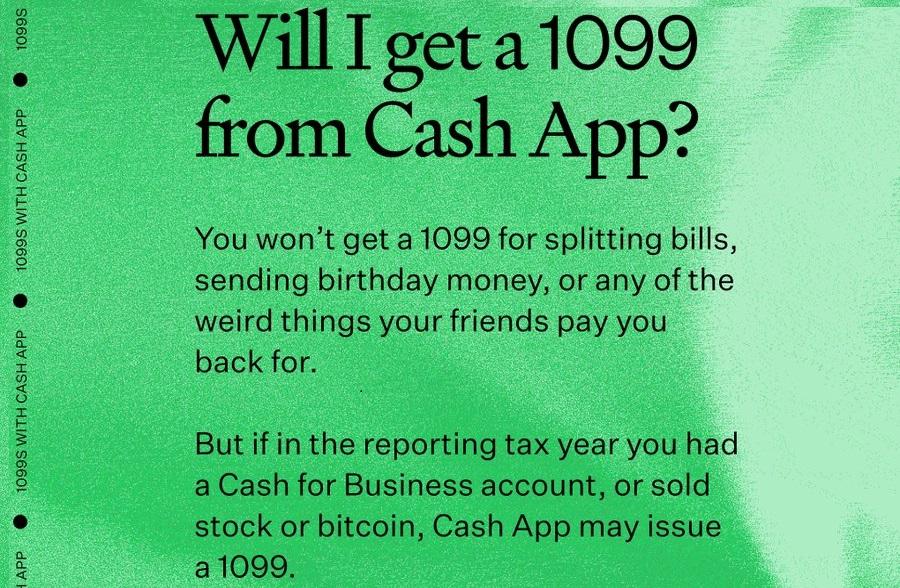How Cash App Reports Transactions to the IRS
Tax season is underway, and people have a lot of questions. Does Cash App report to the IRS? Taxpayers need to understand how new laws might impact them.
Feb. 9 2022, Published 7:05 a.m. ET

Tax season is underway, and it's important for taxpayers to understand how new laws might impact their taxes and the way they're reported to the IRS. One significant reporting change has been made for third-party payment processors. Does Cash App report to the IRS?
Up until this year, third-party payment apps such as Venmo, PayPal, and Cash App had been required to report gross proceeds exceeding $20,000 or if a user had more than 200 separate transactions.
Will Cash App be impacted by the new rule on reporting business transactions to the IRS?
However, in Jan. 2022, the rule changed. Now, Cash App and other third-party payment apps are required to report a user’s business transactions to the IRS if they exceed $600 annually.

Not much has changed for business owners, who were already required to report this income to the IRS. According to The Guardian, many of the approximate 30 million small businesses, freelancers, and contractors in the U.S. receive a number of small payments from customers throughout the year and forget to report them. Now, the IRS will be able to cross-verify the information through payment processors.
This change was connected to the American Rescue Plan Act, which passed in March 2021 with no Republican votes. This law changed tax reporting requirements for third-party payment networks that handle the settlement of funds.
Cash App won't report personal transactions.
One thing to note is that this rule is only applicable to business transactions. For example, if you're selling products or services on Amazon or Etsy and earn more than $600 annually, you can expect to receive the appropriate form (1099-K) from your payment processor. The change took effect at the beginning of the 2022 tax season.
This also implies that non-business transactions need not be reported to the IRS. Therefore, you won't receive a Form 1099-K form for day-to-day activities like sending money to a friend for dinner or requesting cash for tickets you paid for.
How will Cash App differentiate between business and other transactions?
First, Cash App and other third-party payment processors will ask for additional information from you, including your social security number or tax ID. Financial experts recommend using separate apps for business and personal transactions to make it easier to separate and control transactions.
Cash App users have to determine the tax impact of Bitcoin transactions.
Cash App will provide users with Form 1099-B based on the Form W-9 information they provide the payment processor with. It's users’ responsibility to determine any tax impact of their Bitcoin transactions. Cash App will also provide a copy of the 1099-B to the IRS for the applicable tax year.
How does Cash App report stock transactions?
If you sold stocks and received $10 or more in dividends, you'll most likely receive Form 1099-B. By law, Cash App is also required to send a copy of this form to the IRS.
